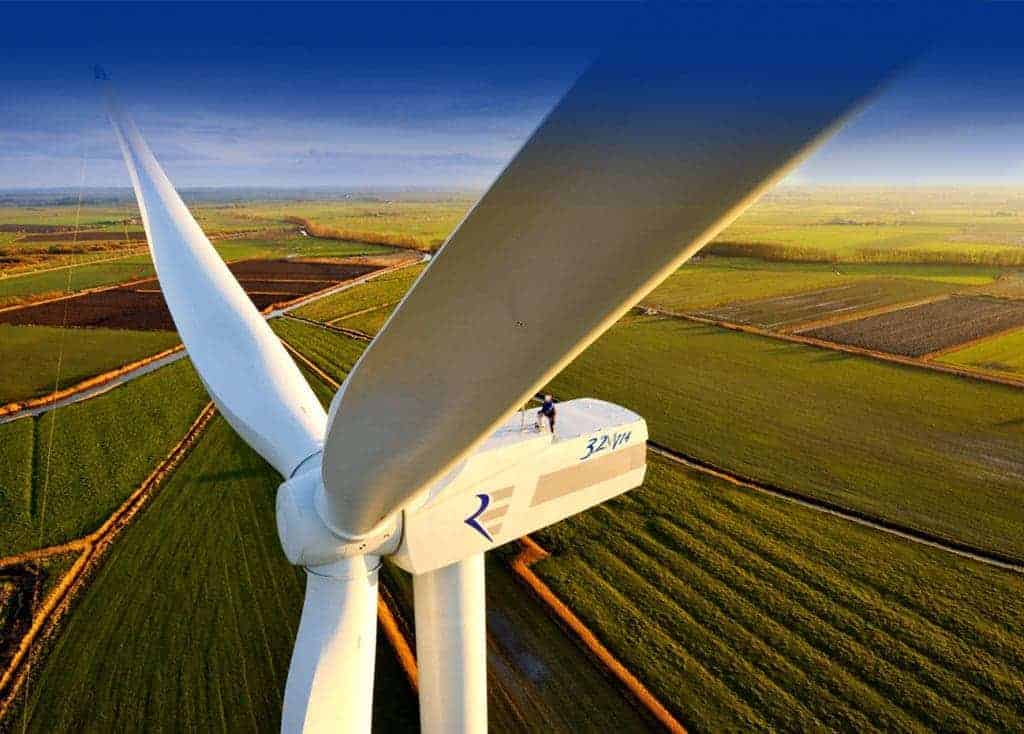Wind energy is becoming an increasingly popular source of renewable energy around the world. With this growing trend, many landowners are being approached by wind energy companies who want to lease their land for wind energy development. As a landowner, it is important to understand what wind rights are and what you should be aware of before entering into any wind energy development agreements.
What are Wind Rights?
Wind rights are the legal rights to the wind that flows over your land. In other words, as a landowner, you have the right to harvest the wind energy that flows over your property. Wind energy companies are interested in leasing these wind rights from landowners in order to build wind turbines and generate electricity.
There are two types of wind rights that landowners should be aware of: surface rights and wind rights. Surface rights refer to the right to use the surface of the land, while wind rights refer to the right to use the wind that flows over the land. It is important to understand that these two rights can be separated, which means that you may own the surface rights to your land, but not the wind rights.
What Should Landowners be Aware of?
- Lease Agreements: Wind energy companies typically offer lease agreements to landowners for the use of their land for wind energy development. These agreements can be complex and it is important to have a lawyer review them before signing. The lease agreement should specify the terms of the lease, such as the amount of land being leased, the length of the lease, and the amount of rent to be paid.
- Impact on Property Value: Wind energy development can have an impact on the value of your property. Some potential buyers may be put off by the presence of wind turbines, which could make it more difficult to sell your property in the future. It is important to weigh the potential income from the wind energy lease against any potential impact on the value of your property.
- Zoning Laws and Permits: Wind energy development is subject to local zoning laws and regulations. Before entering into any wind energy development agreements, it is important to determine whether your land is zoned for wind energy development and whether you need any permits or approvals.
- Environmental Impact: Wind turbines can have an impact on wildlife, particularly birds and bats. It is important to consider the potential impact on wildlife before entering into any wind energy development agreements. Wind energy companies are required to conduct environmental studies before building wind turbines and must comply with environmental regulations.
- Insurance: Wind energy development involves significant infrastructure, which can pose a risk to landowners. It is important to make sure that the wind energy company has adequate insurance to cover any potential damages or liabilities that may arise.
Wind energy development can be a lucrative opportunity for landowners, but it is important to understand what wind rights are and what you should be aware of before entering into any wind energy development agreements. Lease agreements can be complex and it is important to have a lawyer review them before signing. Wind energy development can have an impact on the value of your property, so it is important to weigh the potential income from the wind energy lease against any potential impact on the value of your property. Wind energy development is subject to local zoning laws and regulations, and environmental impact and insurance considerations must also be taken into account. By understanding what wind rights are and what you should be aware of, you can make informed decisions about whether to lease your land for wind energy development.





